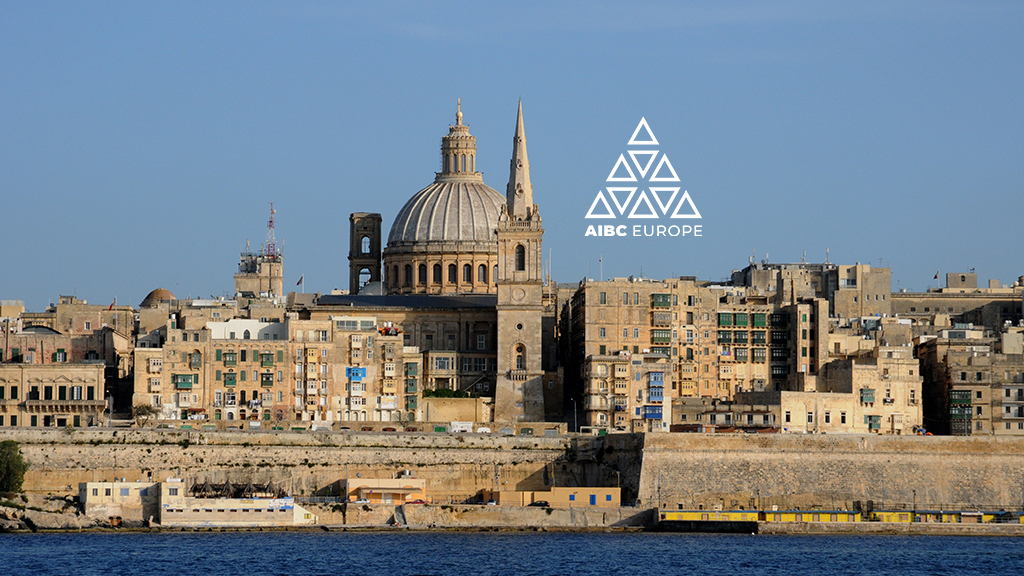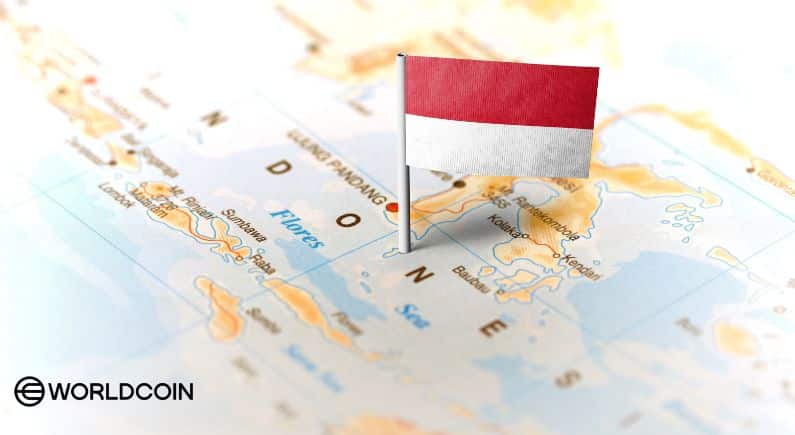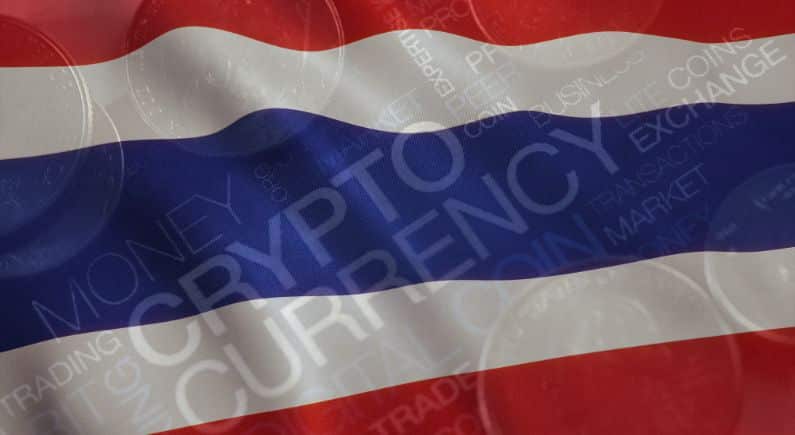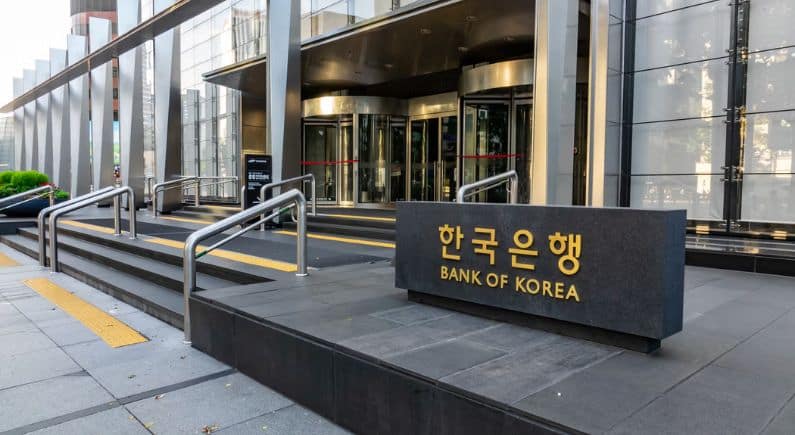The new wave of innovation – Is Malta ready?

Words by Sheraz Ahmed, Managing Partner of STORM Partners
Sheraz will join a panel discussion on Micro and Macro trends for Cryptocurrencies at the upcoming AIBC Europe conference during Malta Week. Catch him on the AIBC stage on the 14th of November. Sheraz also features in the upcoming issue of BLOCK magazine – read his article in the digital edition.
Despite being one of the smallest nations globally, Malta has remarkably transformed into Europe’s equivalent of a ‘Silicon Valley’ by successfully luring technology companies spanning a range of sectors, including SaaS, AI and blockchain-based innovations.
This achievement owes much to the island nation’s forward-thinking government initiatives, historical crypto-friendly regulations, and ability to attract and retain top-tier talent. As the European Union’s Markets in Crypto-Assets (MiCA) regulations loom, the question arises: Will MiCA be a blessing or a curse for Malta’s dynamic ecosystem?
Crypto-specific regulatory turmoil experienced in various other nations has significantly benefited Malta. For instance, with its stringent SEC-driven regulations, the United States has driven numerous crypto and token ventures to seek refuge in more favourable jurisdictions such as Dubai, Riyadh, Abu Dhabi, and Malta. The high cost of living in metropolises like London and Zurich also poses challenges for startups securing funding, even when the regulatory environment is more favourable.
In light of this, it’s evident that places like Malta, with their open and innovative approach to welcoming new businesses, are uniquely poised to emerge as centres for the rapidly evolving Web 3.0 and blockchain industries.
Because being an entrepreneur, especially in a new industry like Web3, is hard. The global statistics for entrepreneurs indicate that over 50% of startups fail within the first five years, and 90% fail within 14 years. And it’s not from a lack of good ideas; according to the Harvard Business Review, the first reason that startups fail is because they have the wrong founder. Failure is part of the game, and being surrounded by a friendly environment and the right people is crucial to success.
Sheraz Ahmed, Managing Partner of startup enabler STORM Partners, comments, “Running a startup is about doing what no one has done before–or doing it in a way no one has tried. It’s never easy. We spend a lot of time just making it possible.”
In terms of attracting top talent, Malta is very attractive. The government has intensified its efforts to attract, nurture, and retain top-tier technology startup founders. Among the most significant challenges these startups face is securing the vital funding to kick-start their ventures. The Maltese government has stepped up, making the island an exceptionally appealing destination for such endeavours.
Malta Enterprise, the government’s agency for economic development, offers tailored funding packages, notably the Startup Finance scheme, providing repayable advances of up to €800,000 for innovative startups. Furthermore, the Business Development Grant supports projects with funding of up to €200,000, addressing various expenses pivotal to startup growth. With a skilled talent pool and robust economic fundamentals, Malta’s pro-business climate amplifies its allure, positioning it as an ideal hub for entrepreneurs seeking access to the EU market and beyond.
Even non-EU founders can reap the benefits through the Malta Startup Residence Programme, a seamless pathway to residency while launching their ventures. Beyond the business realm, Malta presents a secure, culturally enriched, vibrant Mediterranean lifestyle that captivates entrepreneurs. In a nutshell, Malta is laying the groundwork for startup success, offering the requisite support, funding, and a hospitable environment for entrepreneurial triumph.
Amidst Malta’s thriving crypto industry, the nation is now embarking on a new journey of regulatory evolution. The Malta Financial Services Authority (MFSA) is diligently realigning its crypto regulations with the upcoming Markets in Crypto-Assets (MiCA) regulations of the European Union.
This strategic shift brings both favourable and challenging implications. On the bright side, it underscores Malta’s dedication to embracing evolving regulatory standards, leading to regulatory alignment, enhanced investor confidence, and reduced fragmentation. Revisions in the Virtual Financial Assets (VFA) Rulebook aim to streamline compliance, lightening the regulatory burden on crypto businesses, while increased oversight promises to fortify consumer protection and market integrity.
Malta has shined in a landscape where many countries grapple with regulating blockchain assets for the burgeoning Web3 sector. In 2018, the Maltese Commissioner for Revenue issued guidelines on the taxation of transactions involving distributed ledger technology (DLT) assets, adapting existing regulations rather than crafting new tax rules for cryptocurrencies.
In simpler terms, Malta classified DLT assets into two primary categories: ‘coins,’ digital currencies without securities features, and ‘tokens,’ further divided into ‘financial tokens,’ similar to financial instruments, and ‘utility tokens.’ This regulatory clarity attracted Web3 companies by providing transparent and practical tax guidelines, reducing uncertainty, and promoting growth.
As Malta will start embracing MiCA regulations in 2024, there are many challenges and opportunities. If executed effectively, this alignment promises to offer regulatory support to the existing crypto startups on the island and, to some extent, level the playing field for less crypto-friendly European nations in their pursuit of fostering innovation. Even as the rest of Europe gains greater clarity in crypto regulations, Malta maintains a competitive advantage in attracting and retaining top talent, nurturing one of the most robust crypto ecosystems, and providing essential funding for innovation.
Aligning with MiCA has the potential to bring regulatory harmony, bolster investor confidence, and streamline compliance, making the environment more conducive for crypto businesses. This simultaneously enhances consumer protection through increased oversight.
Malta’s journey underscores its unwavering commitment to nurturing innovation and entrepreneurship, firmly establishing it as a sanctuary for tech visionaries and where start-ups will continue to flock.









